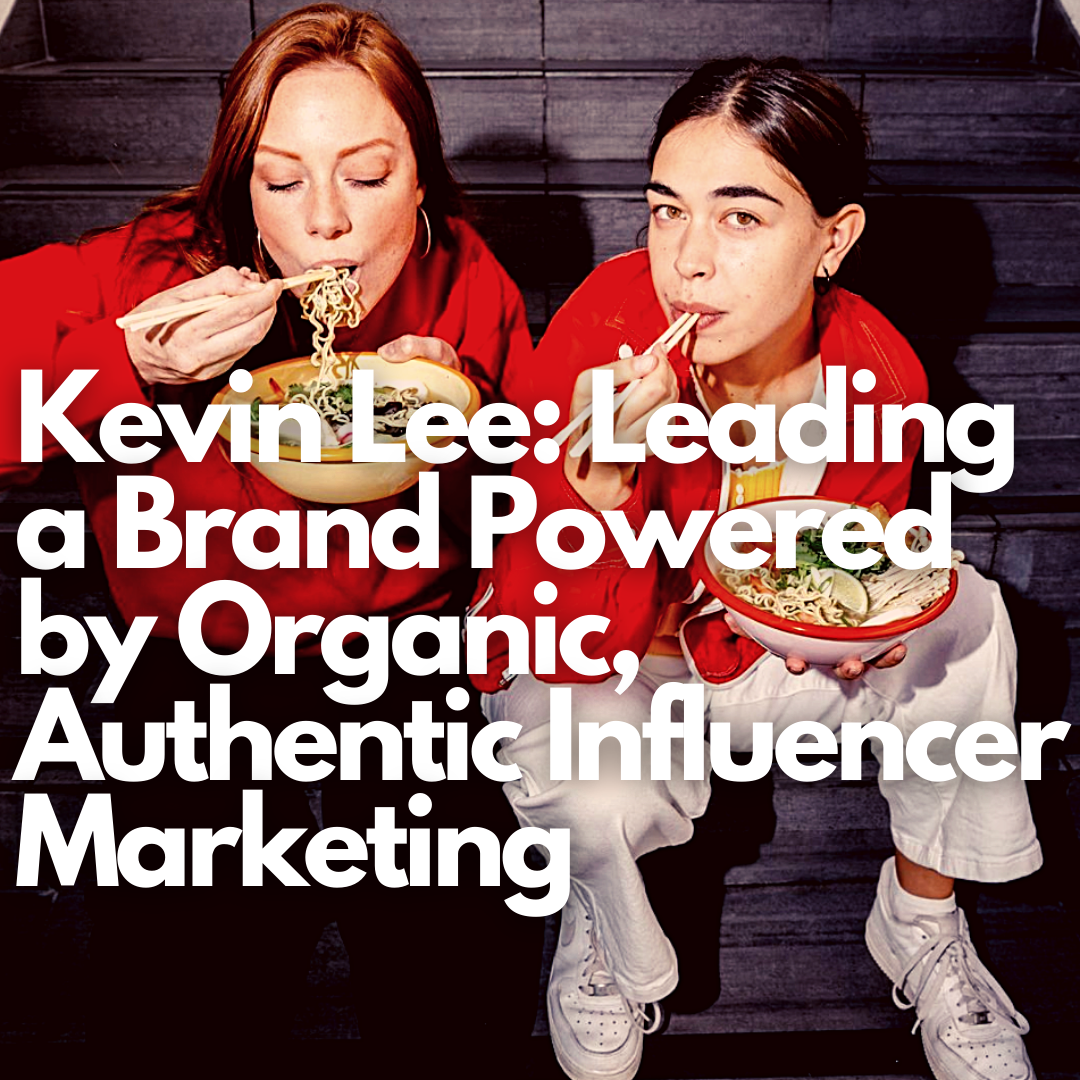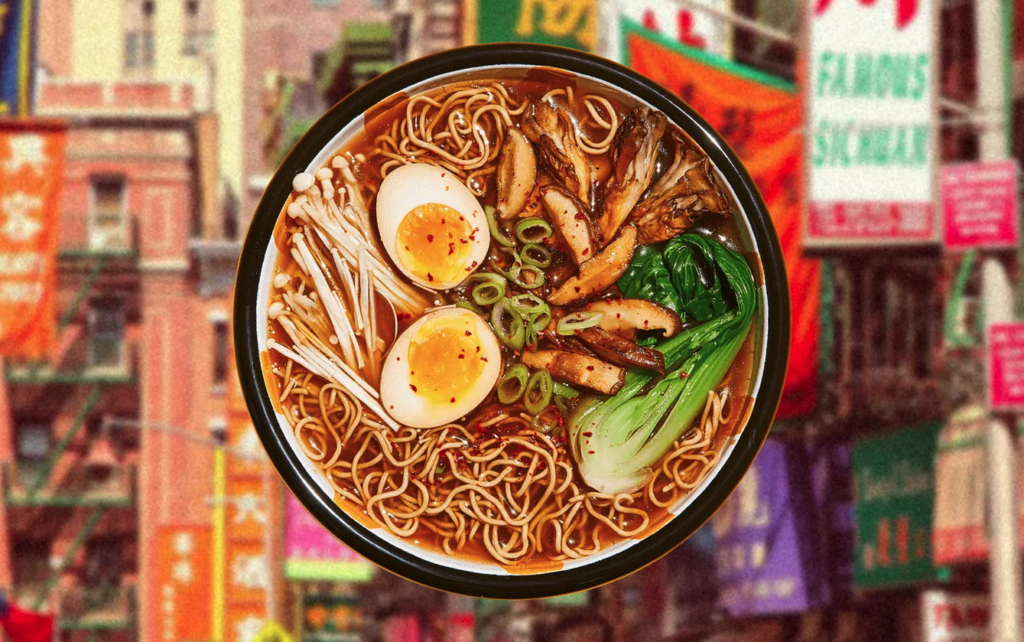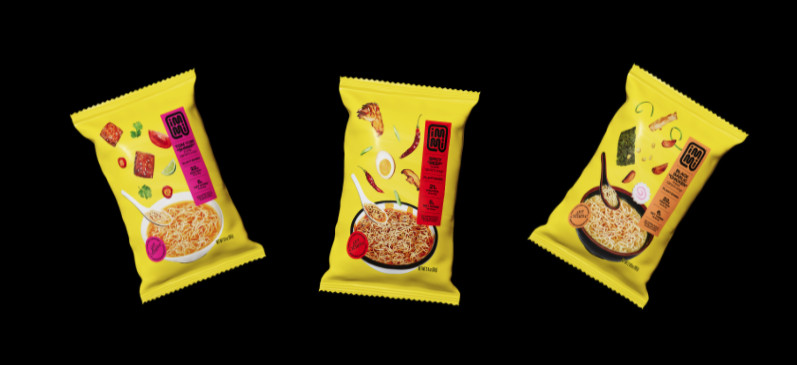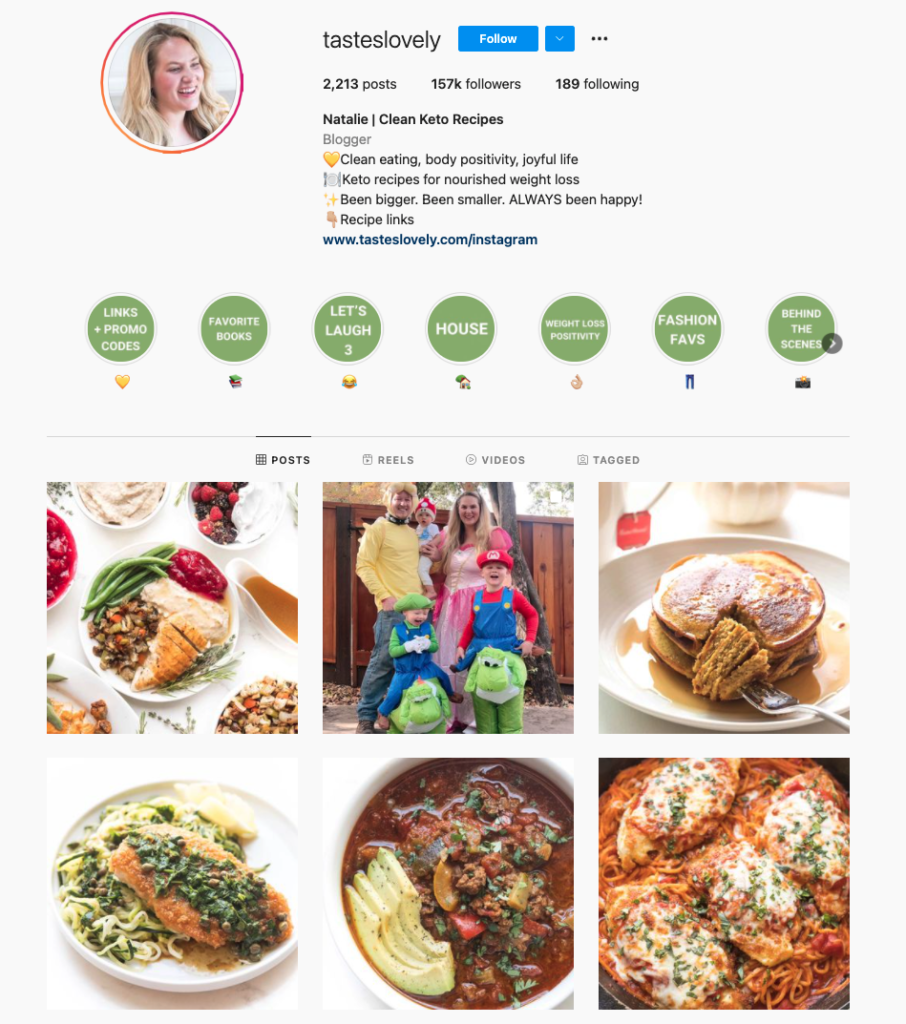
Brand
Kevin Lee: Leading a Brand Powered by Organic, Authentic Influencer Marketing
It’s natural for brands to be super prescriptive when they are spending thousands of dollars. But it’s easy for the audience to see through that and know that the influencer is being paid. There’s more authenticity when brands provide the value props but after that it’s up to the influencer to create whatever content they want. Brands should let influencers do what they do best and be as organic as possible. It makes a big difference according to Kevin Lee.
Both Kevin Lee and his cofounder (Kevin Chang) previously worked in the tech industry. He spent about ten years working as a product manager in various companies including education tech before moving to early stage venture capital.
“I was Investing in mostly very young companies that were like maybe just two people. And for the most recent years, I was leading food and beverage investing at a firm called Pear Ventures.”
immi’s Beginnings
Immi was launched following a conversation between the two co-founders where they noted the chronic health conditions such as diabetes and high blood pressure that plagued members of their extended family. At this time both still worked still at full time jobs.
“We started thinking one way we can help solve these problems is through healthier and better food. But we didn’t want to just start another protein bar company with American flavors. We grew up in Asian food families with these wonderful flavors that we were familiar with. So we wanted to bring that into the type of company we created. And that’s how it started. immi is a ‘better for you’ Asian-American food brand.”

Kevin wanted to make the company a food brand that enriches people’s health not just in the US but around the world.
“It’s important to us to reimagine these favorite Asian-American foods that we grew up eating but with better ingredients and ideally the same tastes as we remembered.”
First Product – Healthy Instant Ramen
Instant ramen was always going to be immi’s first product, Kevin believes.
“We both grew up eating instant ramen. It was the first food we would learn to make by ourselves when our parents were at work. It’s like a staple food across the world. A $46 billion industry.”
But instant ramen is famously unhealthy though such fame has a somewhat silver lining.
“There’s no nutrition in the noodles. And the seasoning packet full of preservatives. Very high in sodium. And so we thought this is kind of an obvious first product for us. You don’t have to re-educate people. You talk to any stranger on the street and they’ve probably had Instant ramen at some point in their life but stopped eating it as an adult because they realized how bad it was for them.”

immi has created what Kevin refers to as the world’s first low carb, high protein and fully plant-based instant ramen.
“It has five grams of net carbs, 22 grams of protein, 18 grams of fiber and is 100 percent plant-based for all the flavors. It took us about two years of R&D. We launched the newest version of our product about a month ago. And that has seen really, really a great reception. Most people say it’s almost indistinguishable from regular instant ramen.”
No product in the market currently offers the same value proposition as immi’s instant ramen, Kevin says.
“There’s a lot of organic ramen in the market. Like ones that use non-GMO. But from a value standpoint, we definitely stand out. And I think that’s because we have put in a lot of time into R&D with nutritionists, food scientists, chefs.”
Early Interest in Influencer Marketing
It was while working at Pear Ventures that Kevin was first intrigued by influencer marketing.
“I was lucky to work with young consumer tech, and food and beverage companies. I ended up joining one of the companies, AspireIQ, as a board observer. They are one of the bigger influencer marketing platforms. I got to see the power of how brands were connecting with influencers.”
He saw multiple startups scale using this marketing technique. This knowledge and experience proved vital when he started immi.
“When we started our brand, we knew direct-to-consumer and paid social costs were rising rapidly and wanted to make sure that we got influencers involved not just from campaign basis but even as investors in the company.”
Working with Influencers
The business made some mistakes at the start including attempting to micromanage influencer content.
“In the early days, it was a lot of back and forth over DMs or email. Negotiating the price, figuring what type of content made sense and trying to be too prescriptive about what type of content the influencer posts. It’s natural to be super prescriptive when you are spending thousands of dollars. But it’s just so easy for an audience member to see through that and know that the influencer is being paid.”

Now, Kevin gives creators he works with more flexibility.
“We’re a lot more lax. Typically, we give them our value props but after that it’s up to them to create whatever content they want. Usually they have a discount code at the end for attribution. We give them free reign. Let them do what they do best. Sometimes we don’t even review the content beforehand. We let them be as organic as possible. We try not to be prescriptive. And it’s made a big difference.”
Kevin has run influencer marketing campaigns on different platforms.
“Primarily, we’ve done paid IG stories, in-feed posts, paid TikTok campaigns.”
He prefers Instagram for now but is looking at transitioning to TikTok. Kevin sees Instagram as approaching saturation which will lead to a migration of influencer dollars towards TikTok.
“From a revenue standpoint, Instagram is probably easiest right now. TikTok is where we want to be focusing on going forward because there’s a lot more chances of going viral. However, with TikTok, the more you include things like discount codes, brand name and the caption, the more people see through it. And so it’s a lot harder to go viral.”
Memorable Campaign
Kevin considers one of the most successful influencer marketing campaigns as some recent work immi did with Instagram creators tasteslovely and everythingerica.
“They kept it very organic. They bring in their family members. It’s more genuine and authentic. It’s almost like they are really just trying to feed their family. If you watch it, you are just thinking she genuinely likes this product. Otherwise, she wouldn’t give it to her kids. The conversions do much better versus when they’re just reading off of a script.”

Their approach differed from that of most other influencers.
“When we give them our product, most of them are very standard. They eat it while they are talking to the camera and read off the value props. Back in the day, that could have worked. But these days, the audience members want to know if the product is integrated into your lifestyle and is it truly part of your life. Those are the campaigns that do the best.”
Key Observations on Influencer Marketing Campaigns
Kevin has made a number of observations on influencer marketing space.
First, influencer managers can kill campaigns.
“I remember early on when we reached out to certain influencers above a certain size following. If you tried to reach out by email, usually just get connected to their manager. And getting connected to the manager is where campaigns go to die. It becomes ridiculously expensive. There’s another person to deal with. It’s just really tough to set up a campaign profitably as a brand.”
Second, building genuine connections is important. Not everything has to be approached from a transactional standpoint.
“You can really sell them on the purpose and mission of your company. If they believe in it, then maybe they will be willing to just promote it more organically. We have been doing our best to develop these kinds of relationships which I think every company should do. Become friends with these people and treat them like people.”
Third, treating creators humanely has tangible business benefits in the long run.
“Treat them like your friends. Build genuine relationships with them. That’s going to carry if you have to play a long game. We have a couple of influencers who are now just friends of our brand. I will just text them and talk to them about their day. Like they’re my friends and I don’t expect anything of them and they don’t ever expect anything of me. Sometimes they will just post about us for free. That’s a lot harder to do but it pays off long-term.”
Fourth, he sees a shift in the market that is seeing influencers increasingly wielding their knowledge and power in their relationship with brands to assert their worth.
“Like there are websites where Influencers will leave reviews on brands. Instead of brands telling each other ‘Hey, work with these influencers’, influencers are now saying, ‘Don’t work with this brand because they treat you badly or they don’t pay on time’.”
Future Plans
Kevin is looking to grow instant ramen on multiple fronts.
“There’s still a lot of room to grow because we only have three flavors for now. We also want to eventually get into retail. So there’s a lot of groceries that have already approached us. We have a lot of opportunities to sell online first. We’re going to launch on Amazon. Later this year we are going to start thinking about wholesale opportunities then eventually retail where the bulk of people are still doing their shopping and purchasing individual units. We’re pretty excited to get immi in the hands of more people.”
immi is looking to move into other food categories.
“Eventually down the line, we want to move into other Asian-American food categories like snacks or frozen food. But we always want to make sure that we are focusing on low carb value props and plant-based as well.”
Influence Weekly readers can get a $5 discount on purchases at immi when you use the discount code INFLUENCEWEEKLY.
Kevin Lee is Co-Founder at immi, an Asian-American food brand whose flagship product is healthy instant ramen. He previously worked in the technology industry. Kevin has a bachelor of science degree in business administration from University of California, Berkeley, Haas School of Business. He lives in San Francisco, CA.












